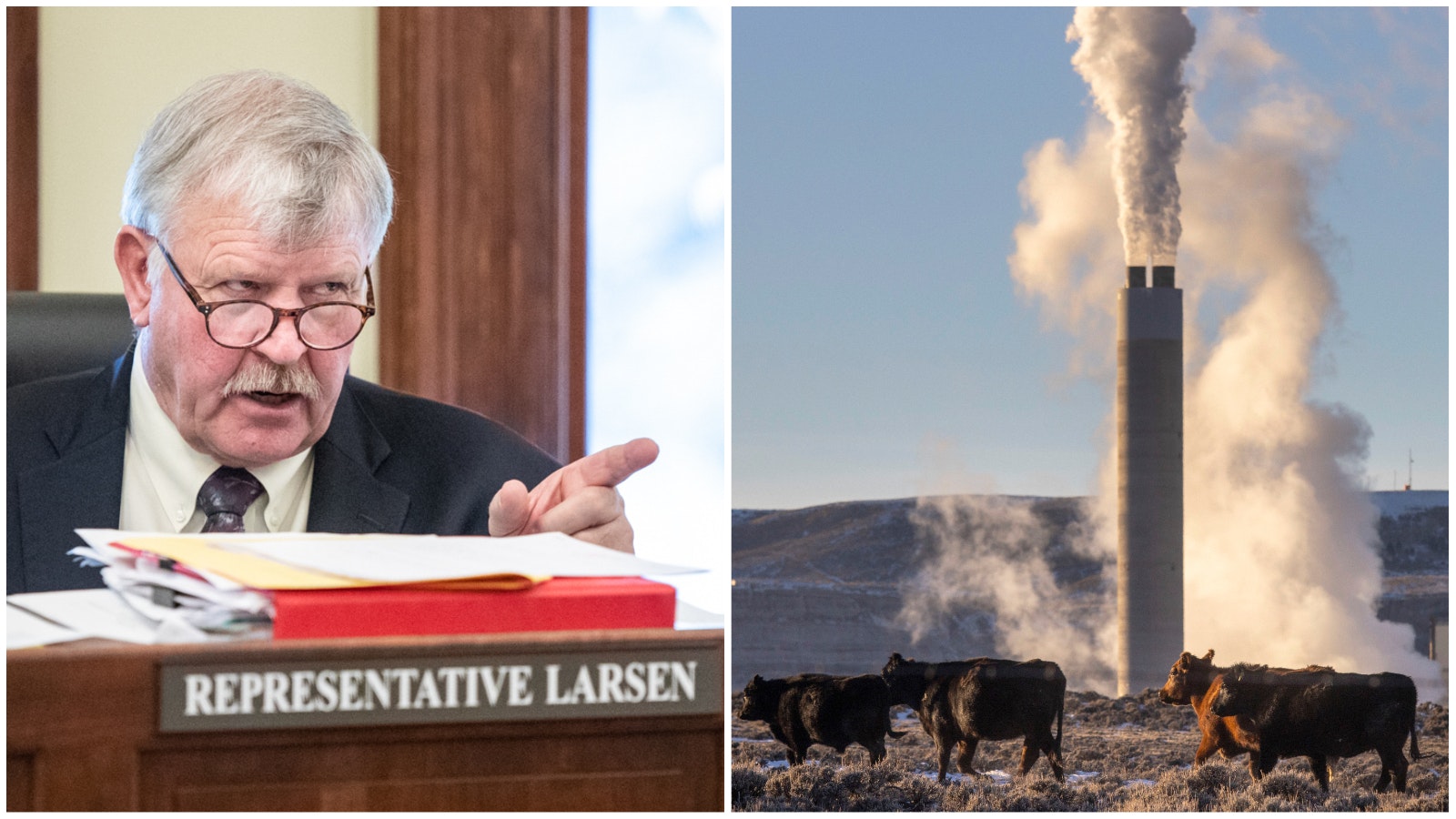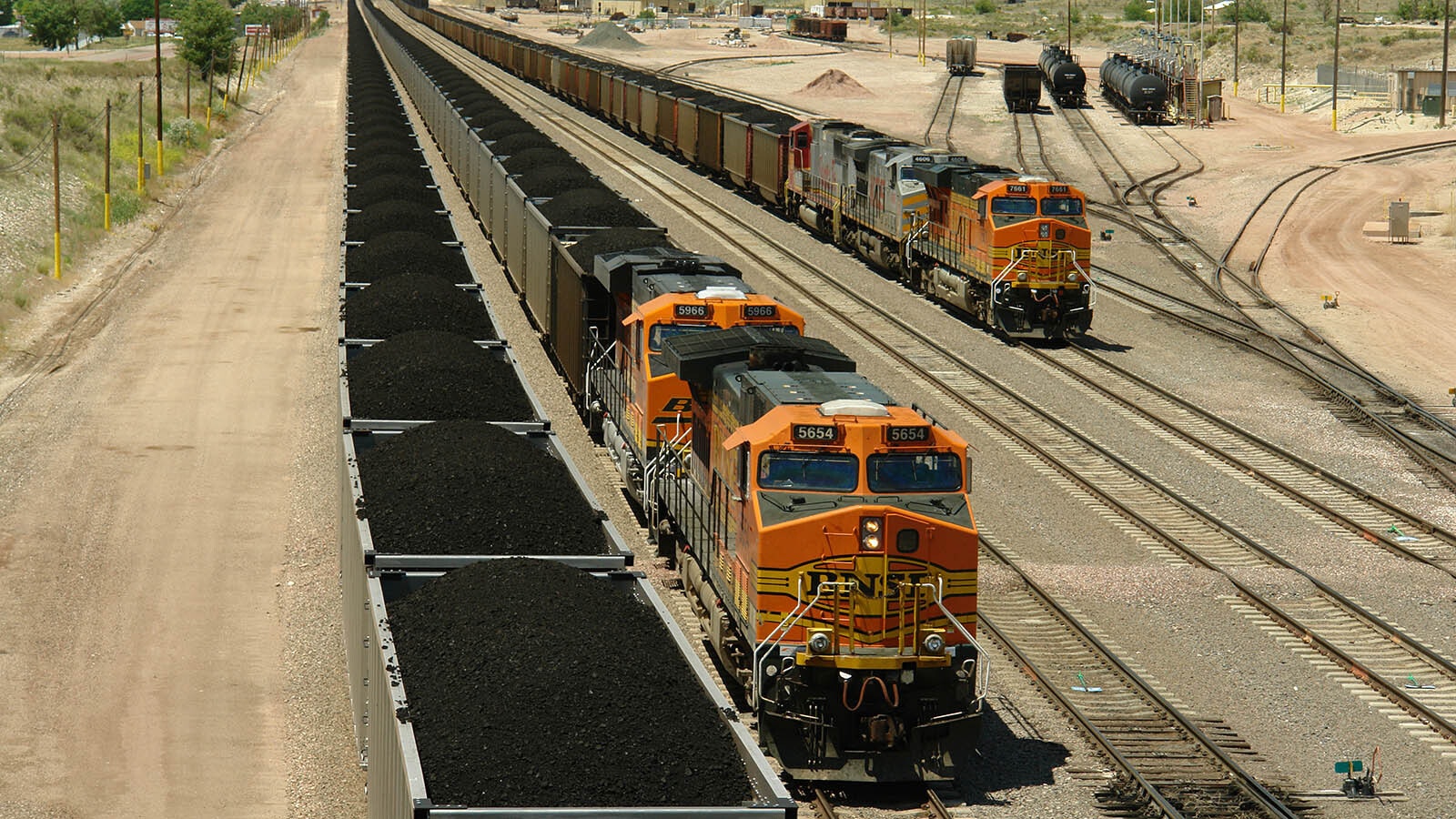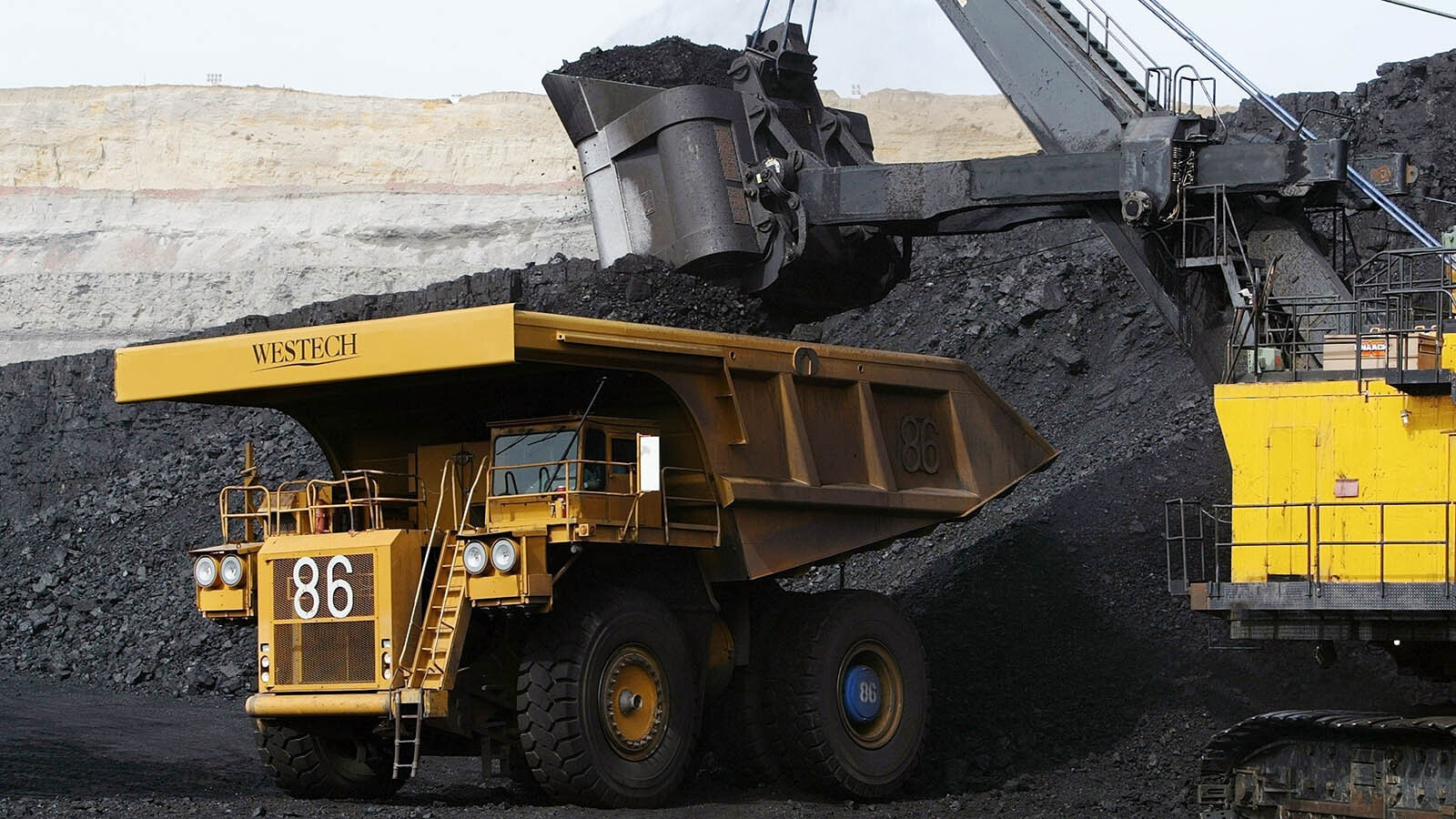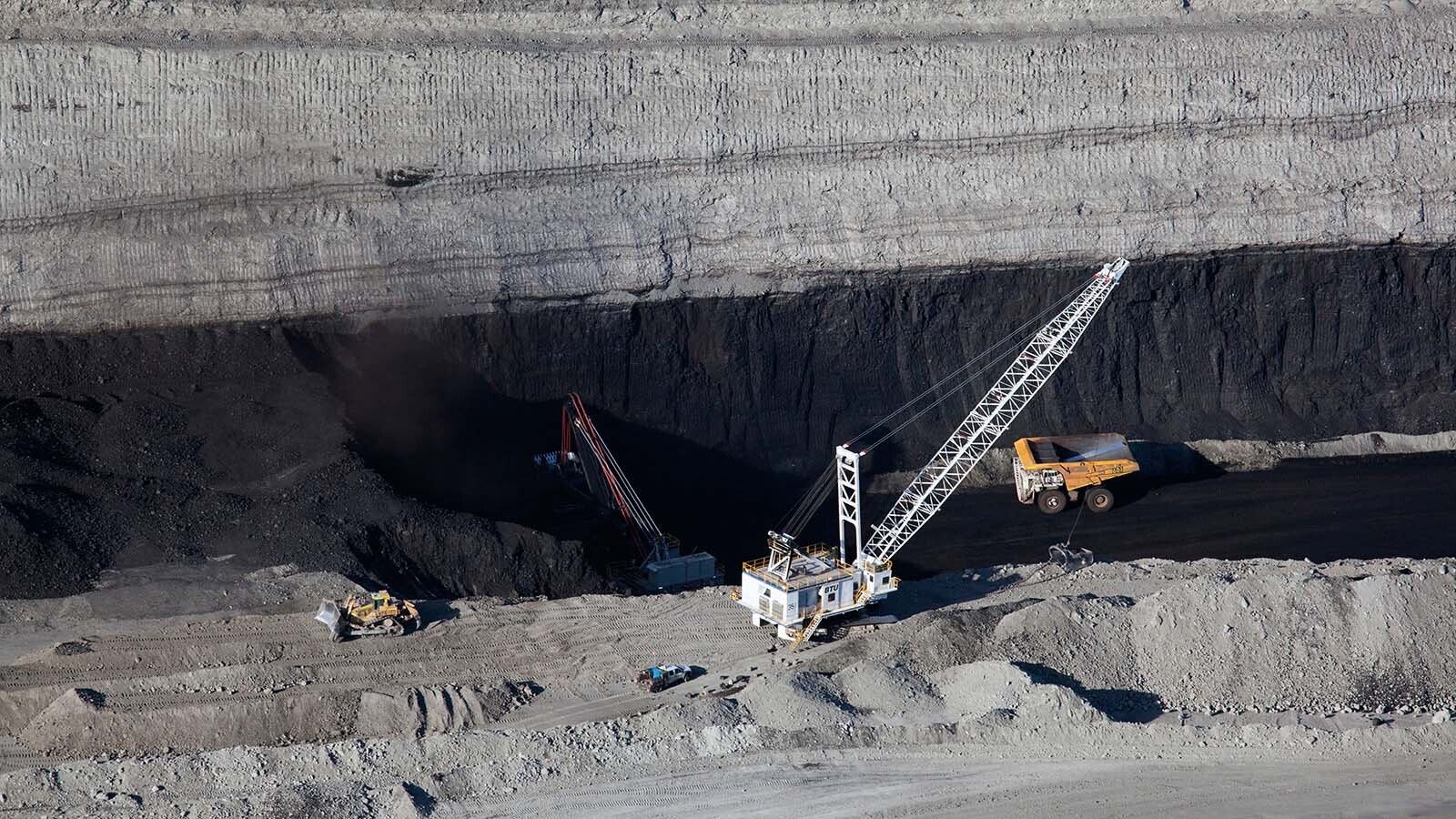The Wyoming Legislature will consider a bill in its upcoming session that would allow money earmarked for lawsuits to challenge Washington state’s denial of coal export terminals to instead be used to intervene in the closure of coal-fired power plants.
Hearing Refused
Washington officials have blocked development of a coal export terminal that would have allowed Wyoming coal producers to export coal mined in the Cowboy State to other countries.
In January 2021, Wyoming and Montana filed a lawsuit with the U.S. Supreme Court to review Washington’s actions, claiming it violated the Interstate Commerce Clause, which gives the federal government authority to regulate the flow of goods between states.
In a 7-2 decision, SCOTUS in June 2021 refused to hear the case.
Push Back
The court’s decision effectively brought the export terminal saga to an end, leaving $1.2 million available that was appropriated for the litigation.
Rep. Lloyd Larsen, R-Lander, is sponsoring a bill that will amend the appropriation and allow that money to be used to challenge the early retirement of coal plants.
“That particular bill, which was a good bill, wasn’t broad enough to allow those funds to be used in the way that I’m proposing in this amendment to the bill,” Larsen told Cowboy State Daily.
The lawsuit filed with the Supreme Court over the export terminal alleged that Washington officials were not only considering local impacts of the port, but also based their decision on the state’s political opposition to the use of coal.
The concern remains that coal-fired power plants are being shut down for similarly invalid reasons, Larsen said.
“Many of these plants use Powder River Basin coal, which is the cleanest coal in the world,” Larsen said. “And some of the utilities don’t always have the means or the political ability to push back on what may be deemed unnecessary or inappropriate.”
The bill would fund an entity in the state, such as the Wyoming Energy Authority or a contractor, that could research the reasoning for a plant closure and help determine if there are valid reasons for it. If not, the resources would be available to dispute the closure, including litigation against federal agencies or other states.
Frustrating Decision
While the company developing the coal terminal went bankrupt before the Supreme Court issued its decision not to hear the case, Wyoming and Montana officials continued to pursue the case in hopes the court would address the question of whether Washington could interfere with the sale of Powder River Basin coal to overseas clients.
Gov. Mark Gordon at the time of the court’s decision called it “frustrating,” because it failed to address if one state can block another from selling what it produces.
“Today it is coal, tomorrow it could be agricultural products or any of our state’s abundant natural resources,” Gordon said in a statement at the time. “At some point, the Supreme Court is going to need to take on this matter.”





